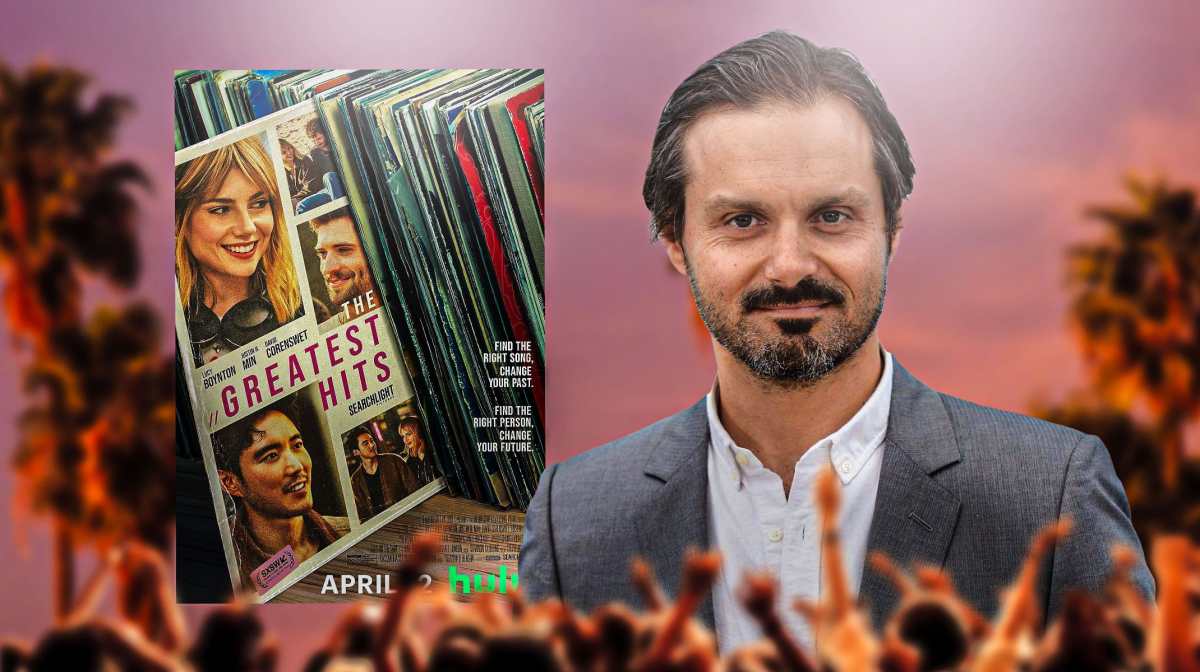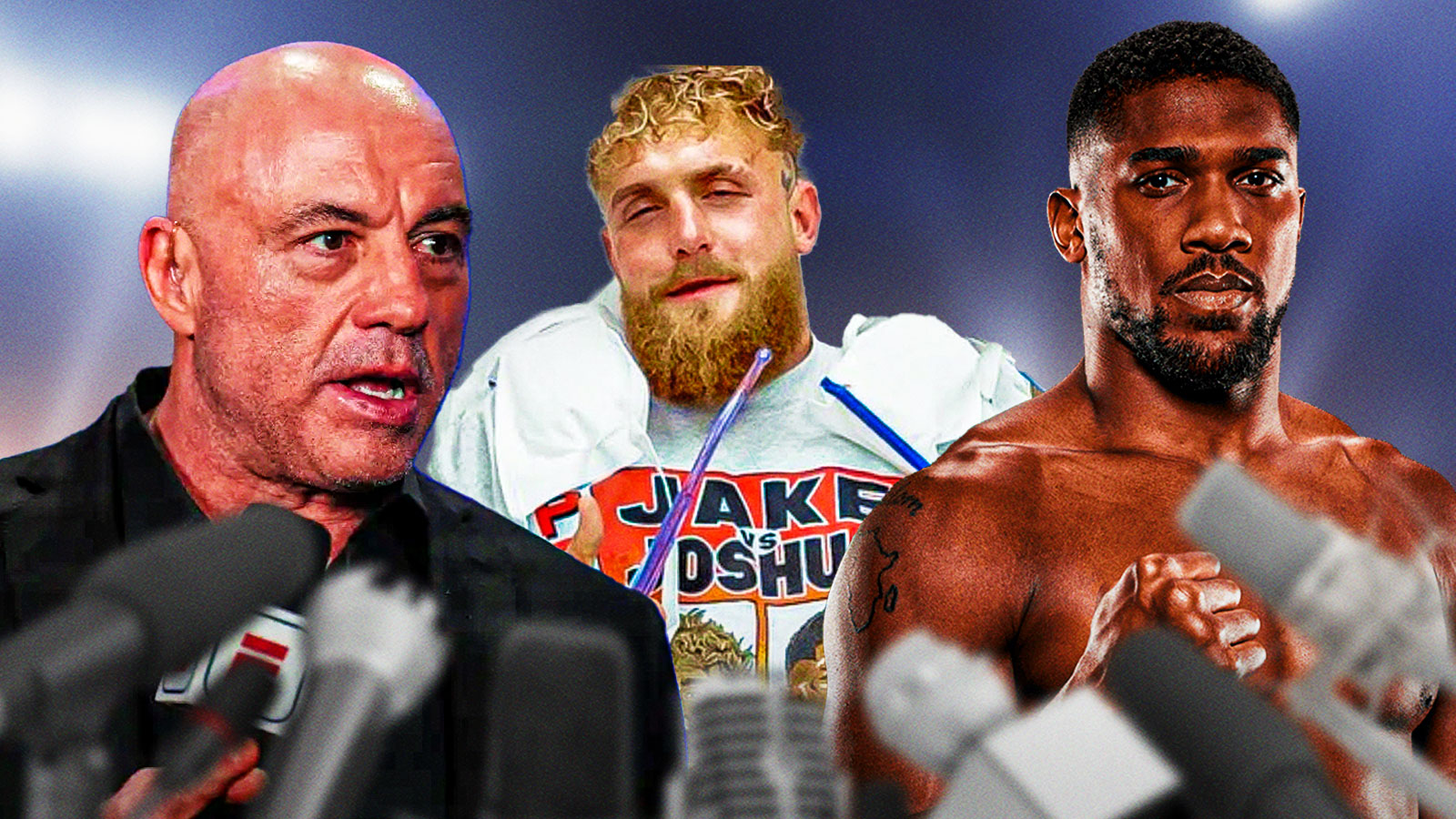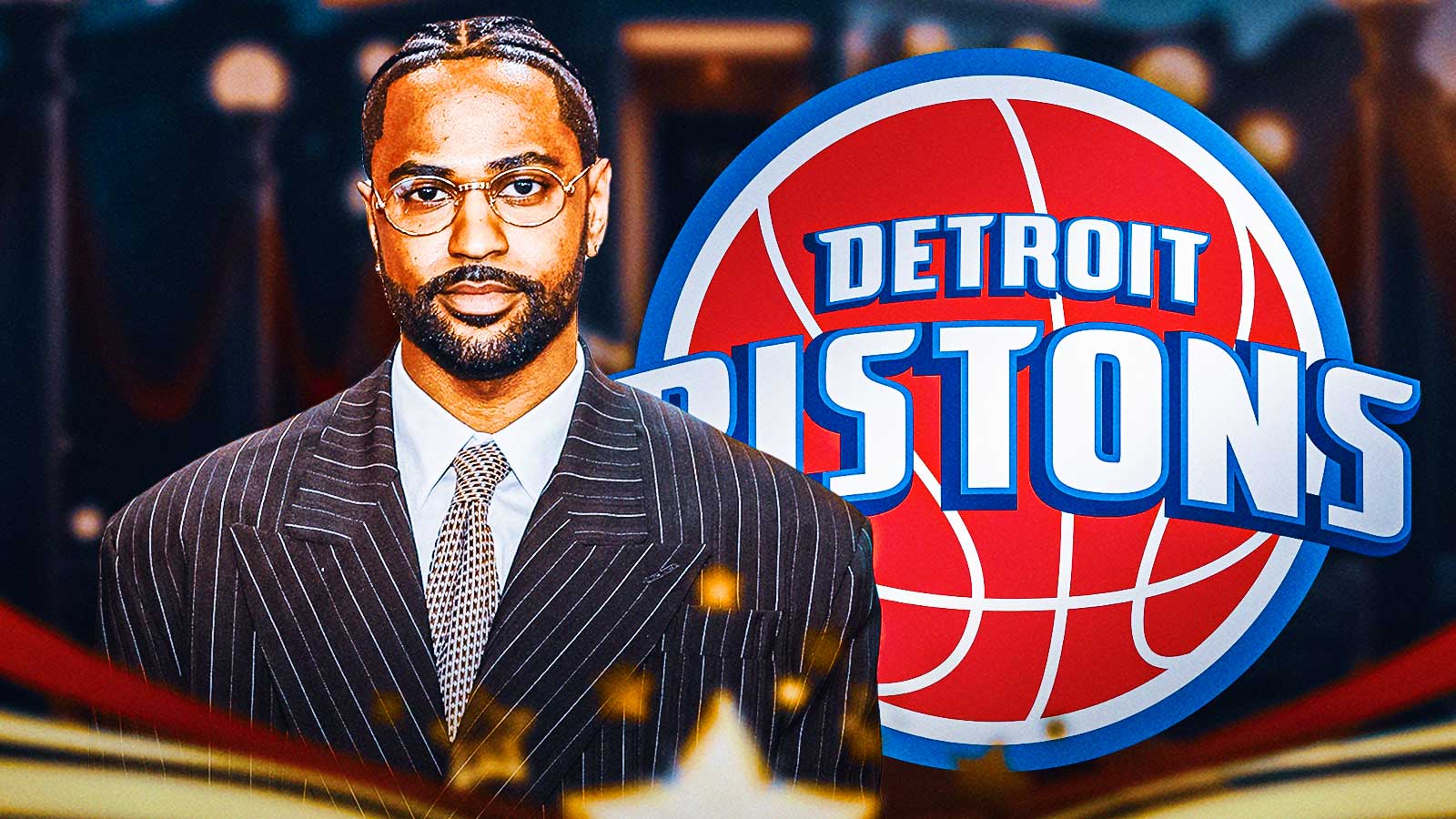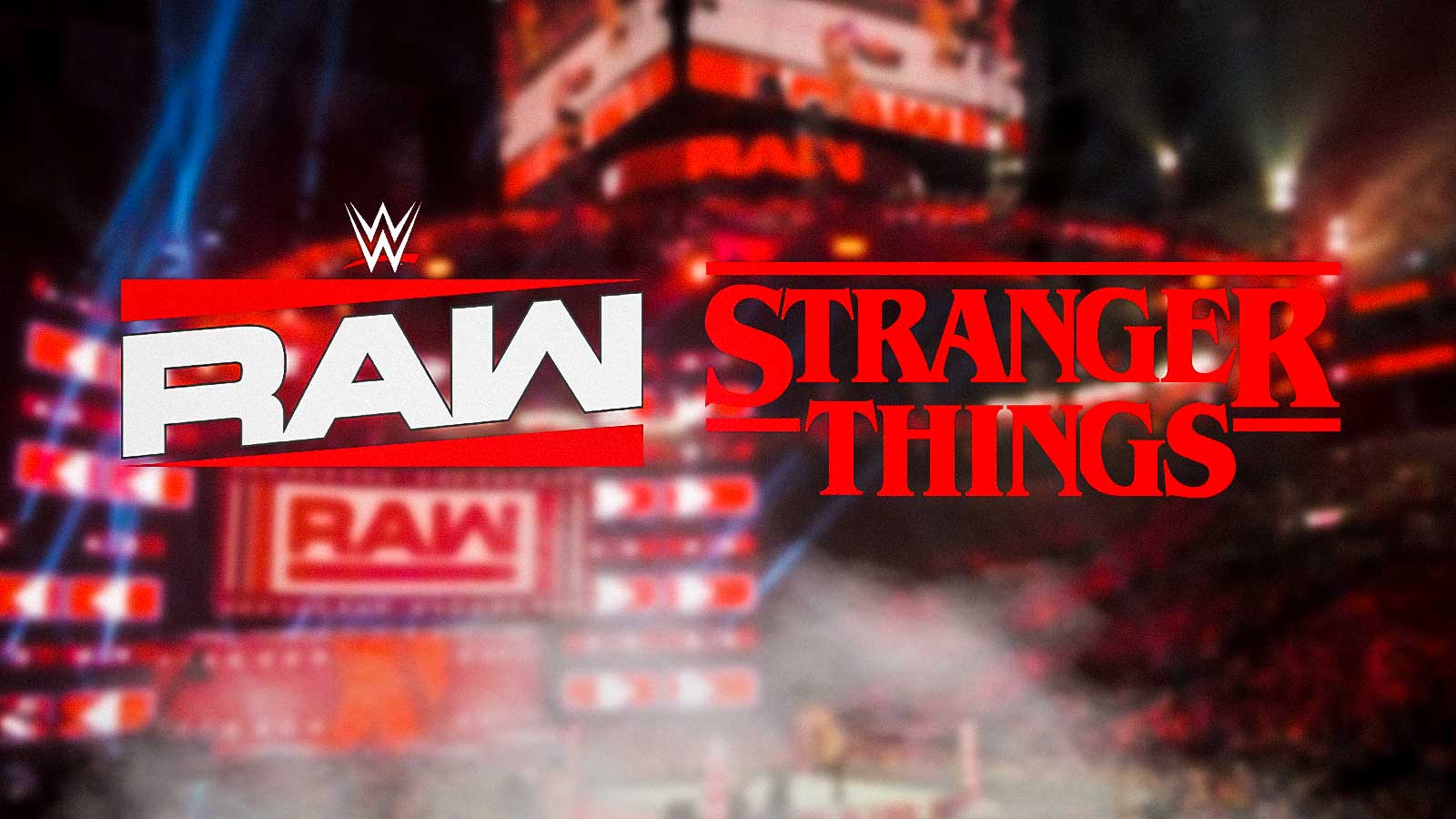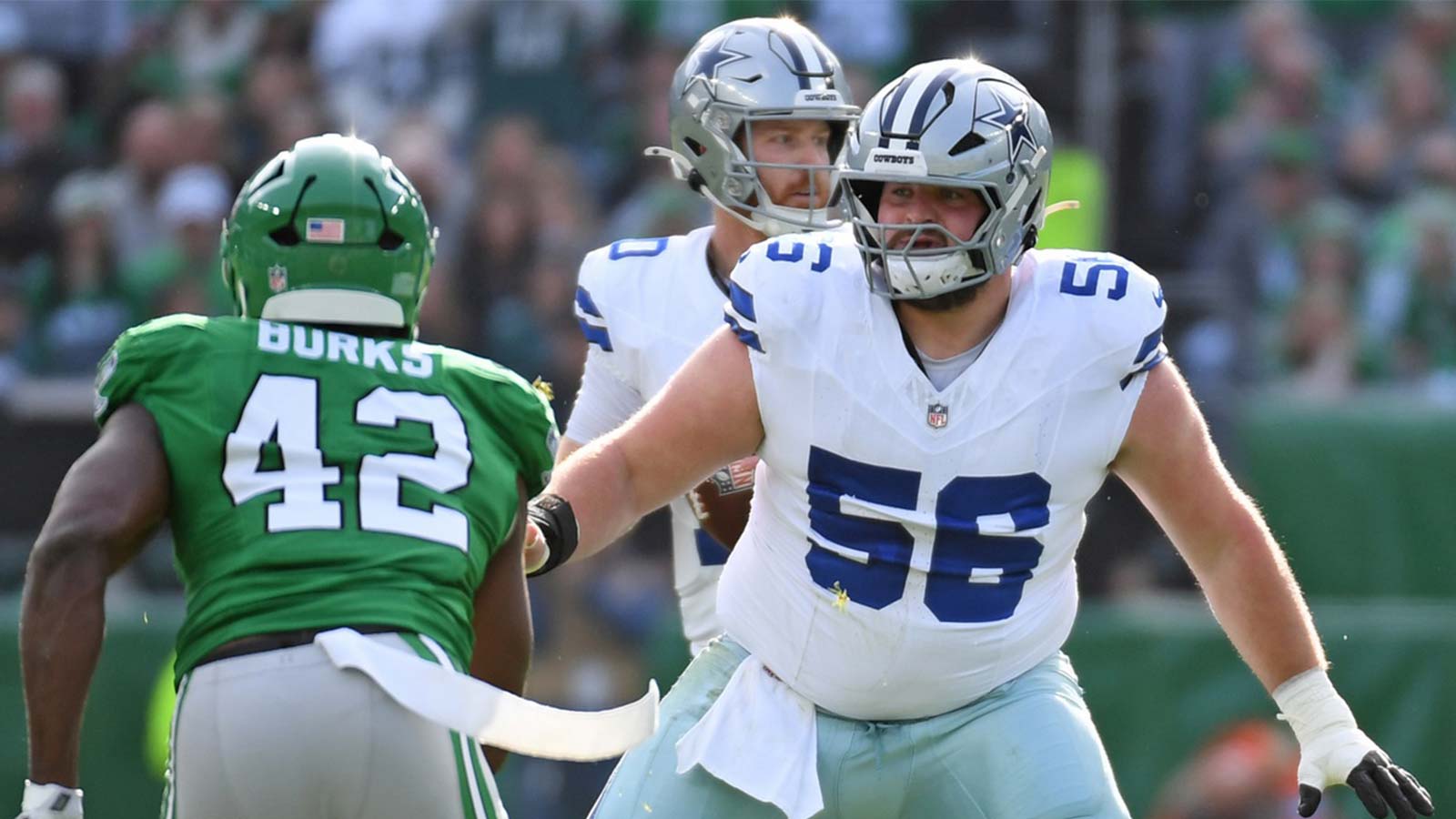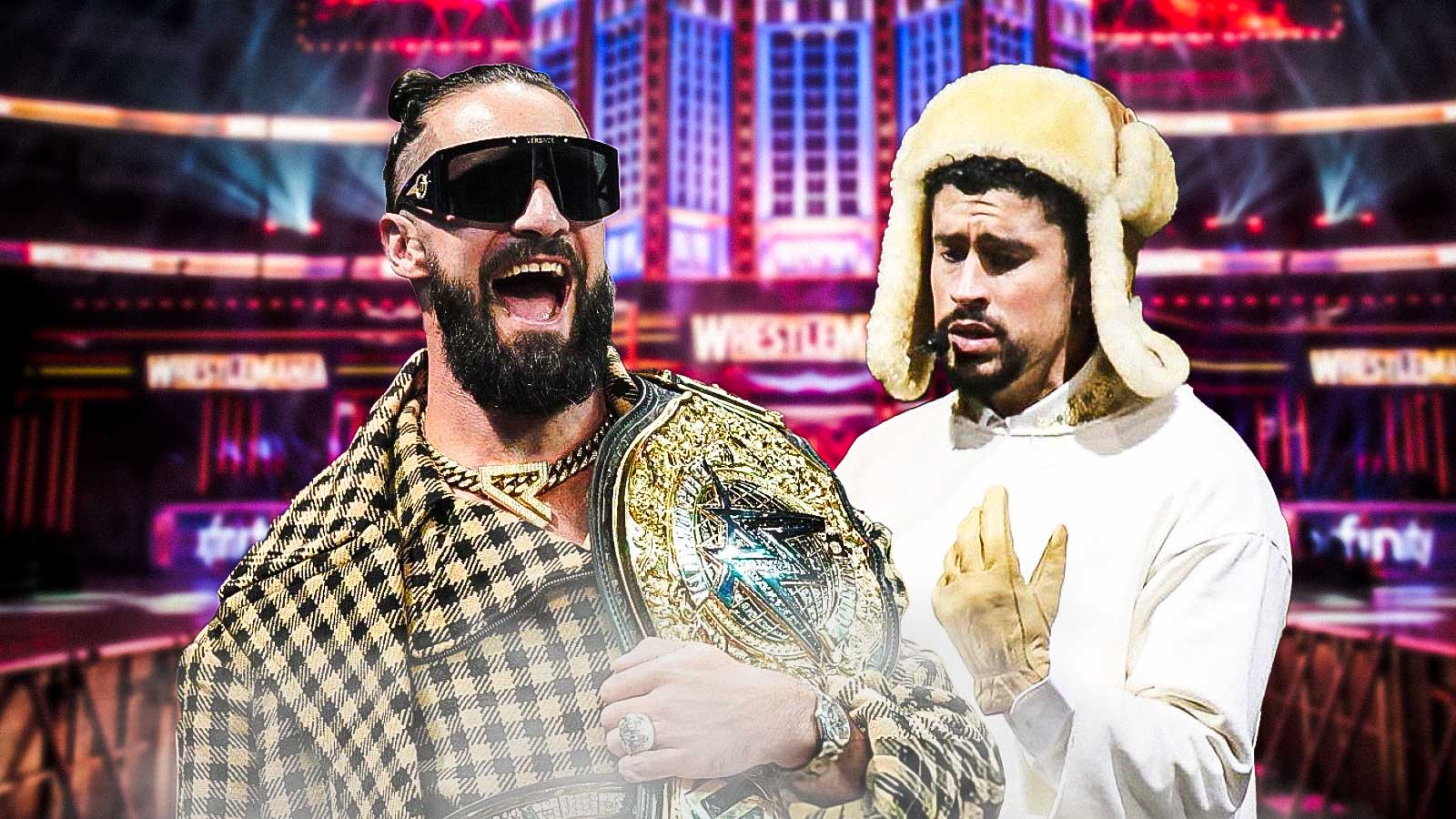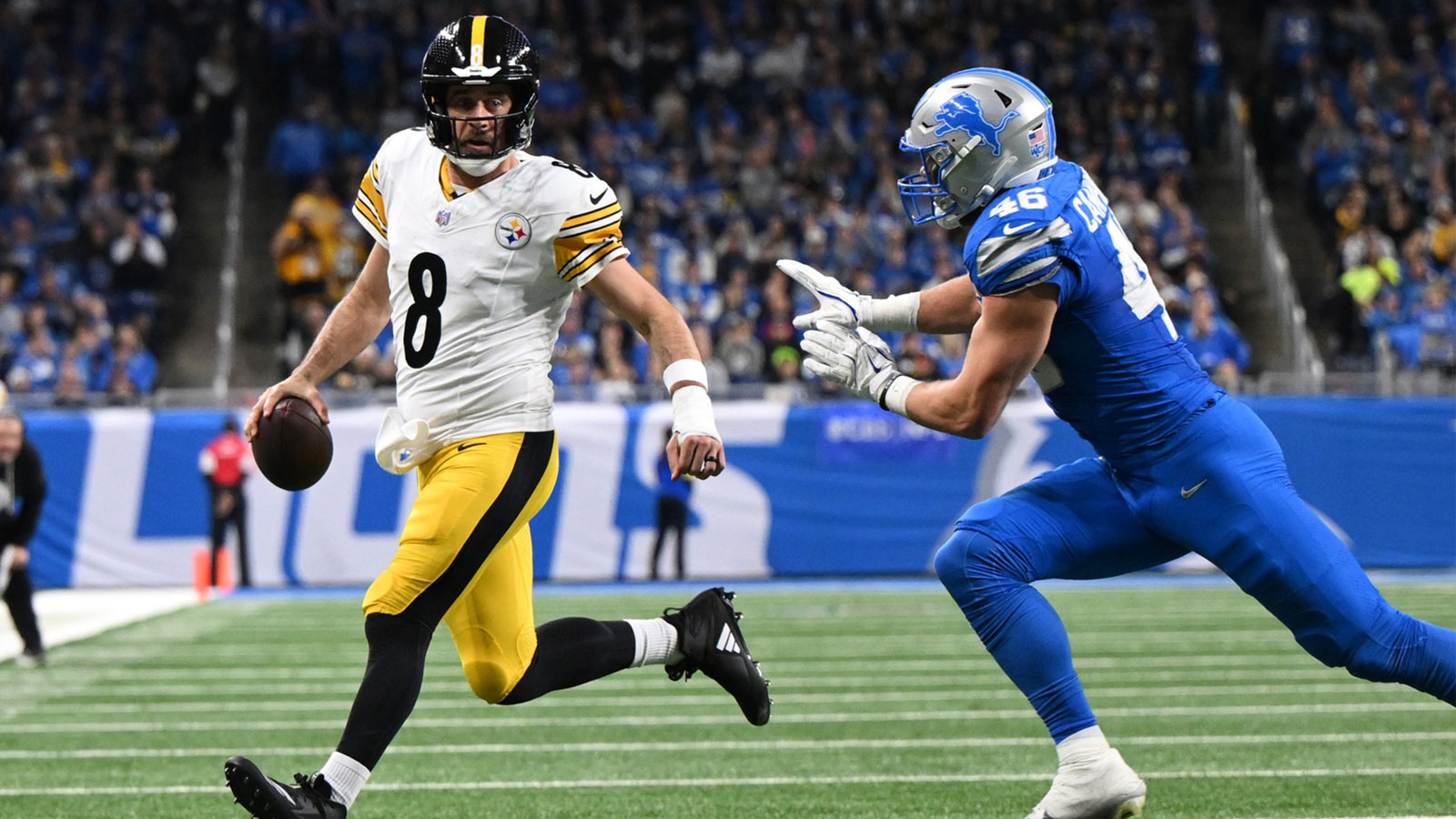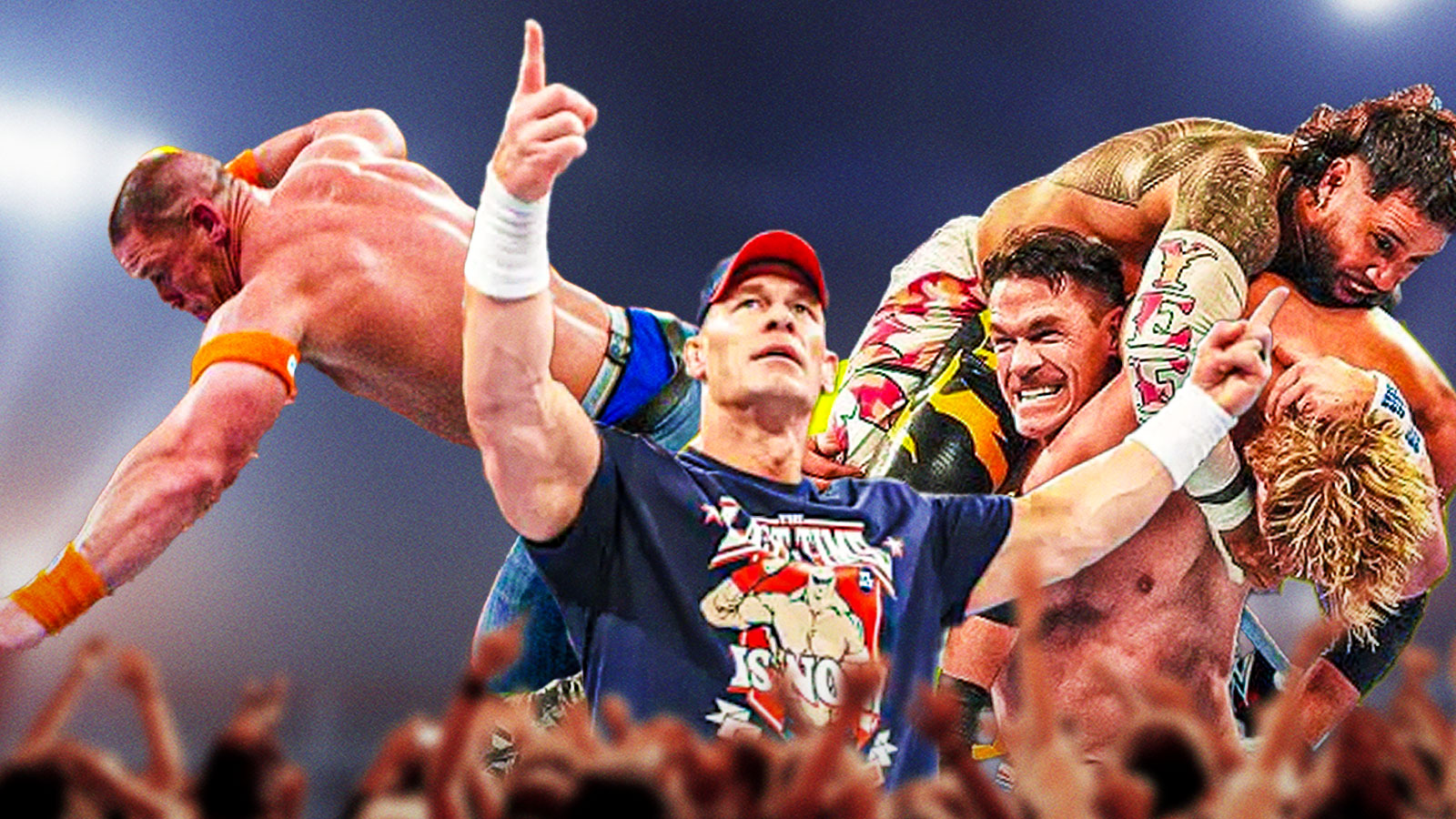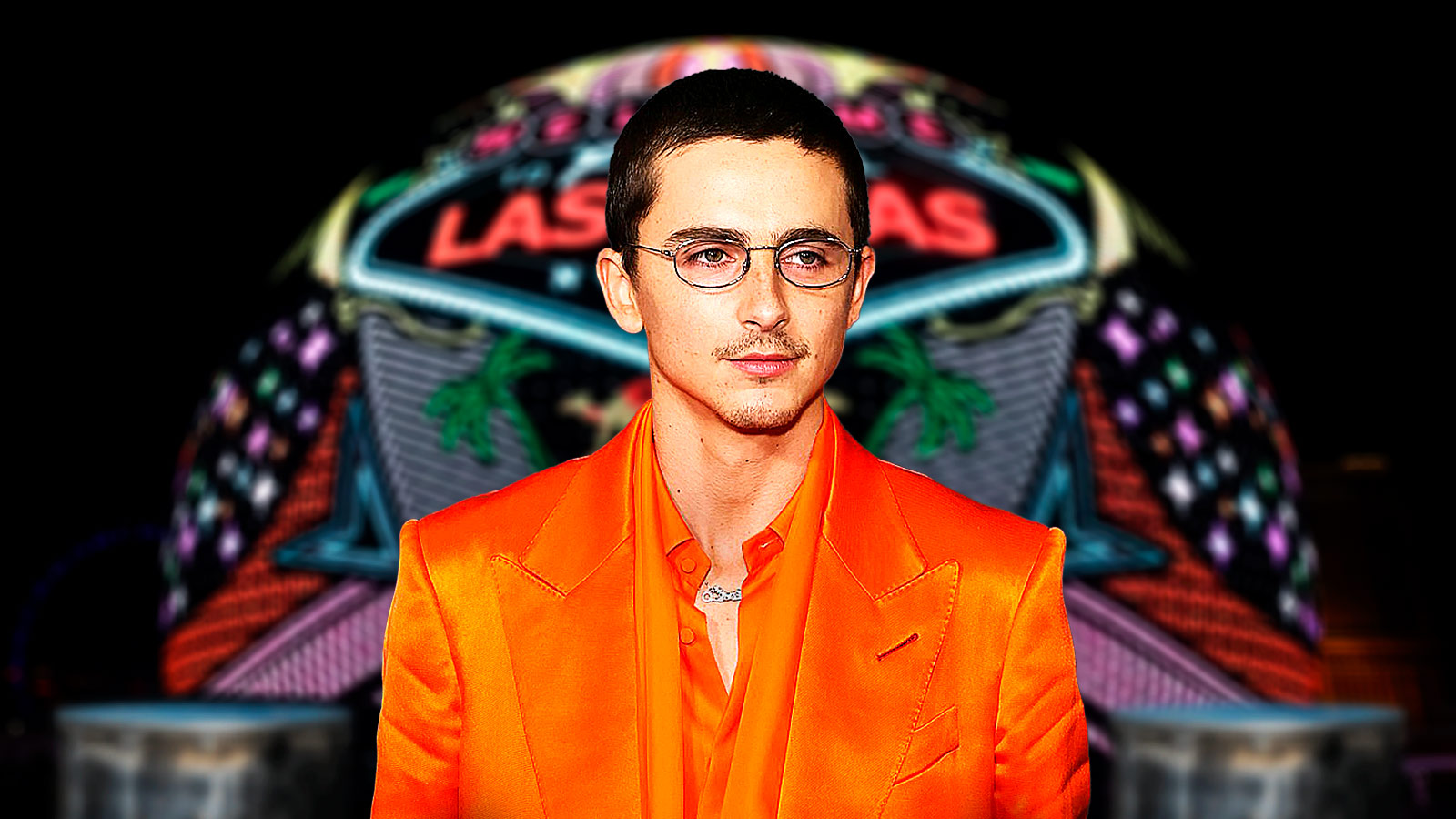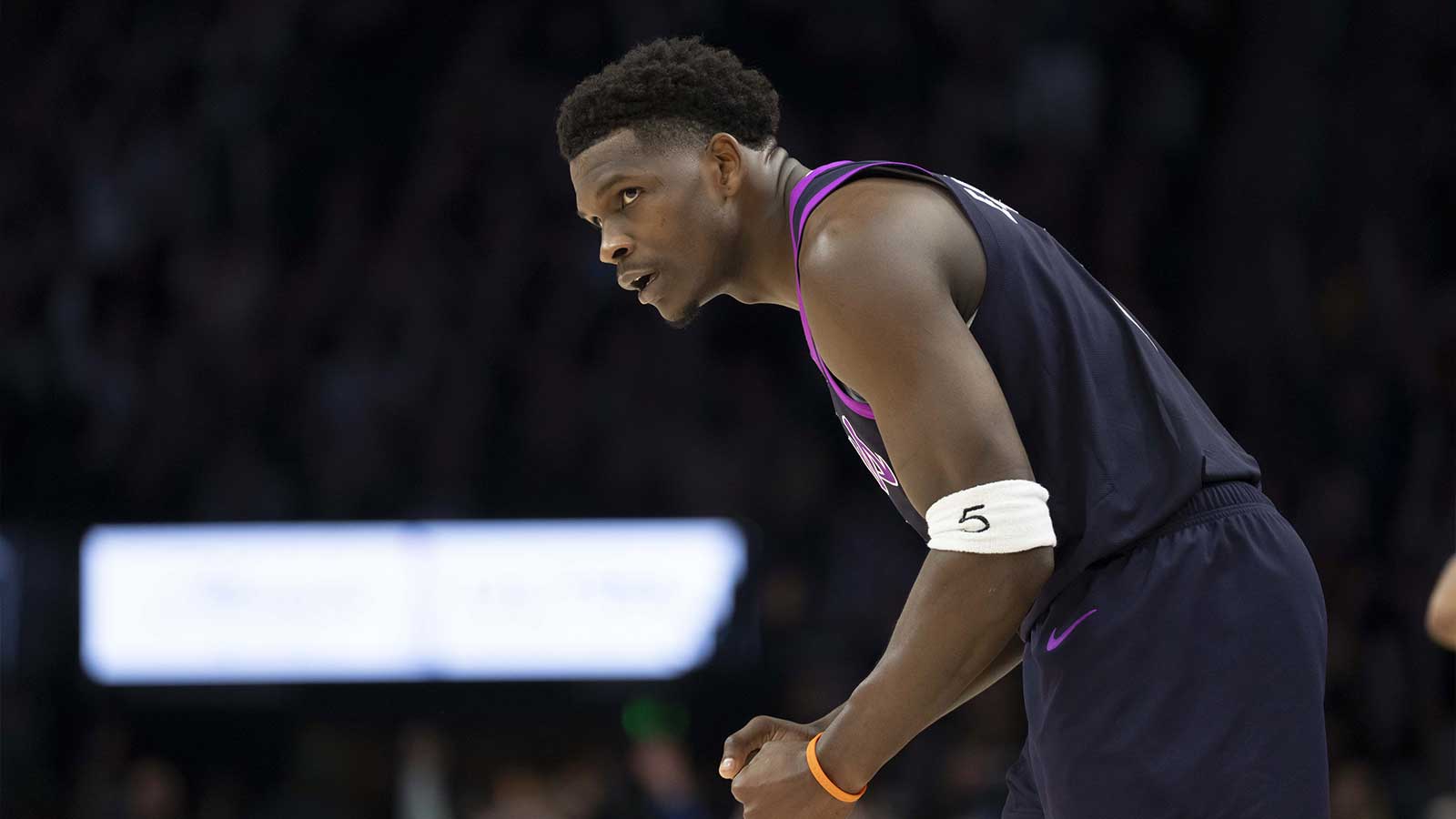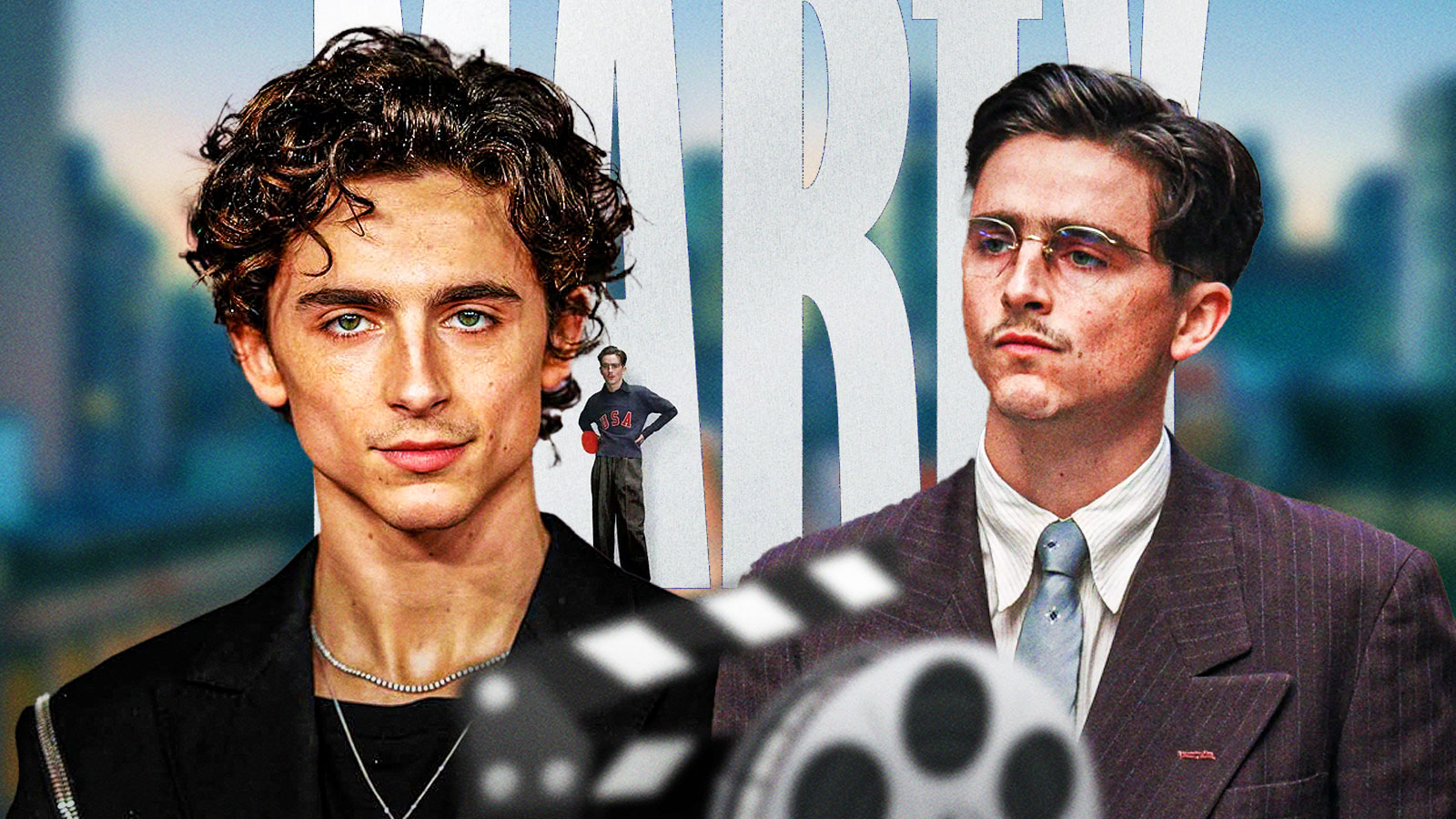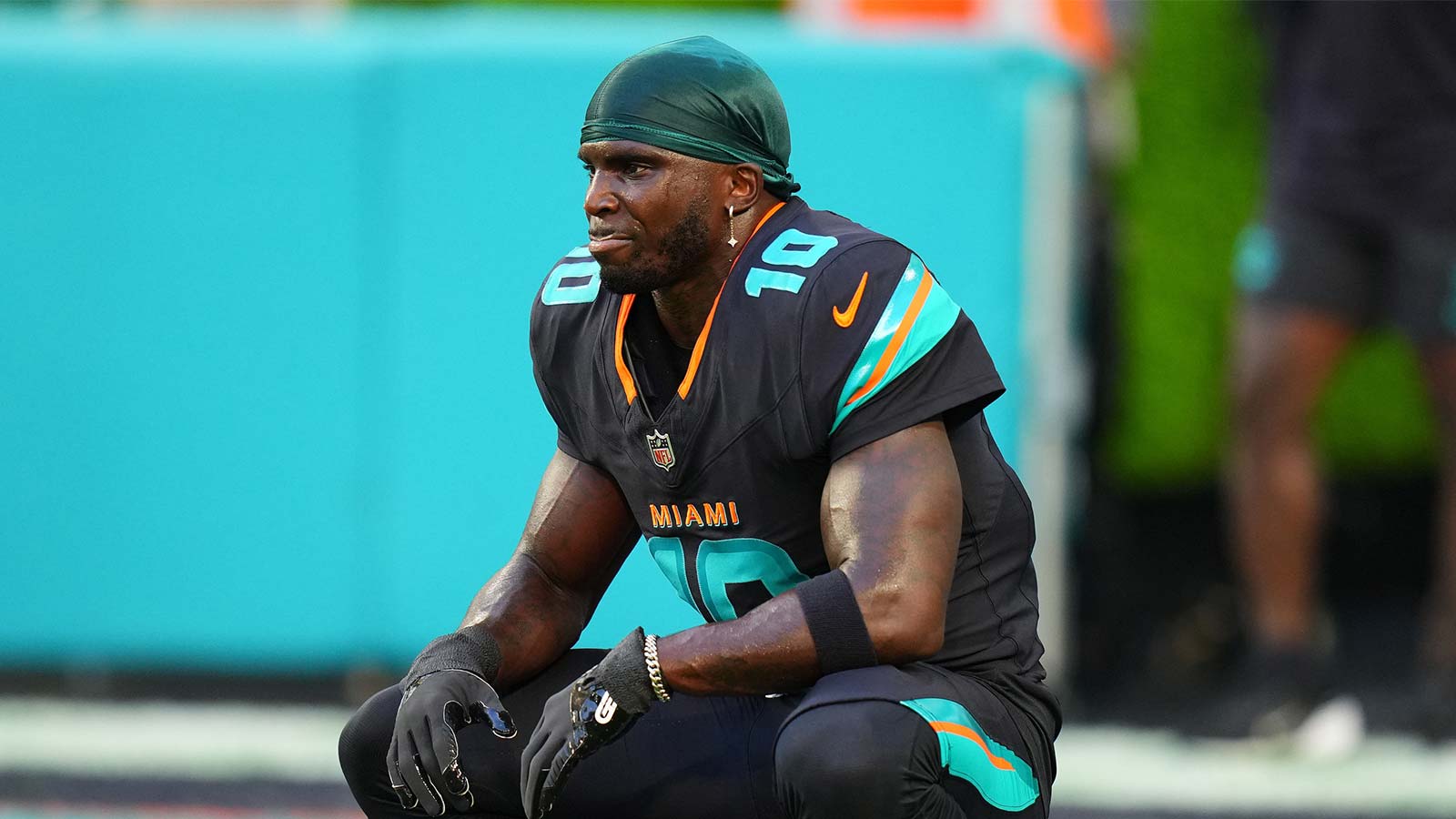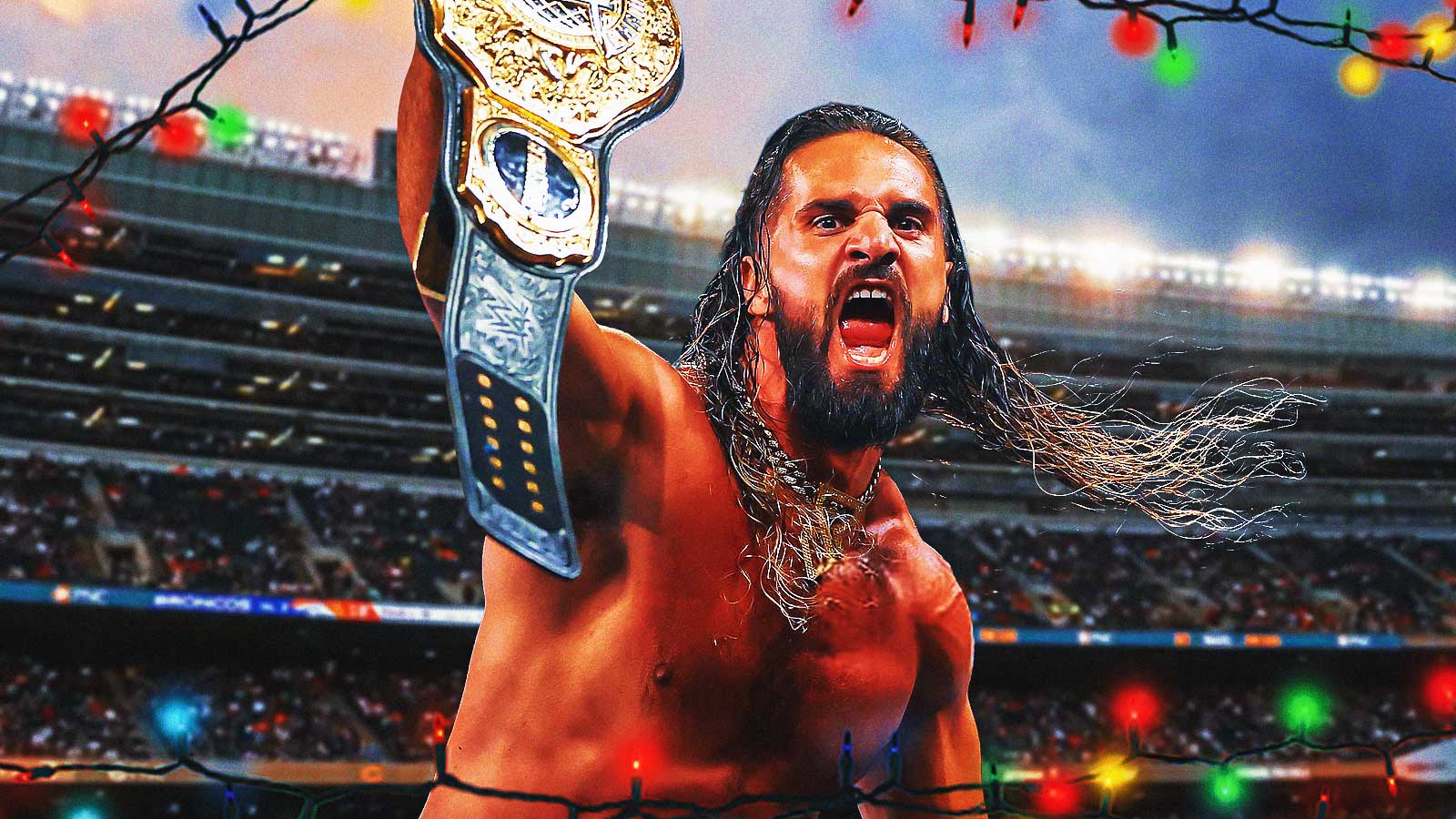Ned Benson is probably best known for his work in the MCU's Black Widow or his trilogy of Beatles-themed Disappearance of Eleanor Rigby films. His latest film, The Greatest Hits, is an inventive romance film featuring time travel.
The Searchlight Pictures film stars Lucy Boynton as Harriet, a woman grieving the loss of her boyfriend (David Corenswet). Music plays a huge part in her life. Certain songs remind her of her late boyfriend and bring her back in time.
At the same time, she meets a new guy played by Justin H. Min. But she has to overcome her grief in order to move forward in her blossoming relationship. Austin Crute (Booksmart) also stars in the film.
ClutchPoints spoke to Benson ahead of the release of The Greatest Hits. He talked about how important music is to him, the Prince song that didn't make the cut, working in the MCU, and other genres The Greatest Hits' premise could work in.
Ned Benson-The Greatest Hits interview
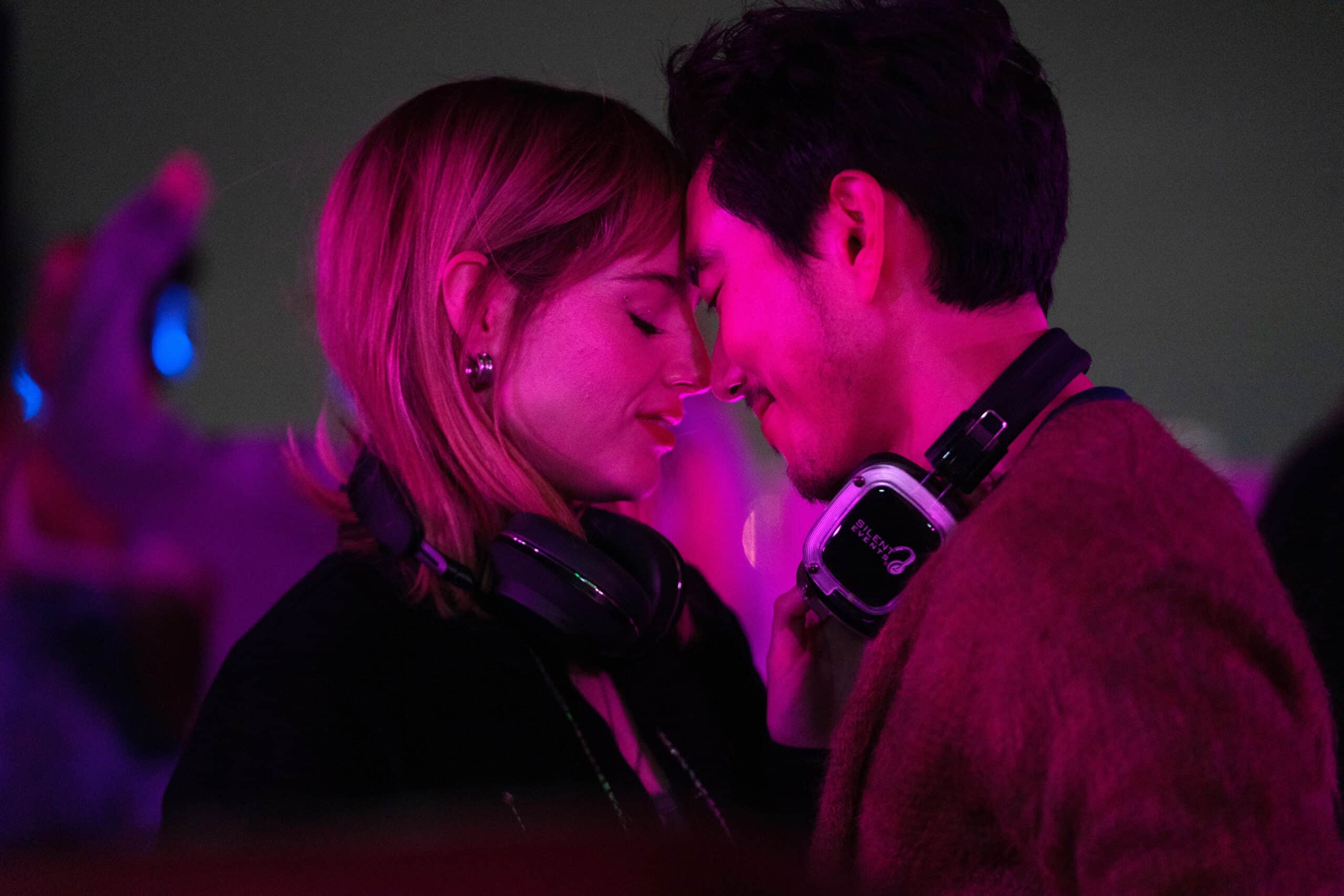
ClutchPoints: Music's been a big part of my life, I grew up a musician, but can you explain your relationship with the medium?
Ned Benson: I'm so profoundly affected by music and have been throughout my life. It's kind of the medium of my life. Literally, the catalog can take me anywhere that I need to go because I have so much memory related to music. Different songs and different albums and different moments.
So, it's always acted as this punctuation mark for me because it can take me so clearly back to so many moments in my life. And at the same time, it's [a] companion to me. I'm such a music lover [and have a] big vinyl collection, so the tangibility of music was important to me in this movie.
But yeah, it's just been one of those mediums that has just had such emotional sway over me.
CP: Did any of the songs that were in The Greatest Hits transport you to a different time in your life?
NB: For sure. I mean, these were all songs that I loved or were important to me. The Avalon Roxy [Music] album, which “To Turn You On” is from, definitely reminds me of my childhood. That takes me back to being in the backseat of my mom's car very clearly. So, that was a big one for me.
“This is the Day” [by] The The reminds me of my wife and her brother. It was a song that we played at the end of any night before we called it. It was just always such a great track for me. And I wanted to begin the movie with it because I think it sort of helps tell the story.
CP: And I imagine it was probably a tricky tightrope between selecting songs that mean something to you, but also trying to write a narrative around it. So, did the songs come first or did you start writing the story and then the songs came?
NB: A little bit of both. Like I wrote some songs into [the] script as much as I could, and then in pre-production, we really tried to hone in on songs that were helping tell the story. Okay. So if you pay attention to the songs lyrically, they really are giving you the subtext for each scene that they're playing in, whether they're diegetic or not.
So I think it was really about finding music that was this tandem storyteller throughout the process and throughout the project.
CP: Was there any difficulty with licensing music? And were there any songs you really wanted in there that didn't ultimately get to be used?
NB: For sure. Prince's “It's Gonna Be Lonely” from his first album was one I really wanted in the movie and then there was a song by the Trammps called “Can We Come Together” and the expense of one was too high. And then the other had a complicated licensing history because it was a remix of that track.
So sometimes you just have to let go of things. But the beauty of music is there's always something with a similar BPM that could tell a similar story and there's so many songs that I love that we would have lists of tracks for each needle drop where we could find something that made sense and was helping us tell the story.
CP: I'm a big Beatles fan and I noticed your trilogy of the Disappearance of Eleanor Rigby films, but if you did another set of films based on a Beatles song, what would it be called?
NB: Gosh, that's a tough one…
I don't know, I have to think about it. I mean, there's so many great Beatles tracks. I mean, obviously, they were only together for so long, but every song in that catalog was like one of the greatest songs of all time, so that's a really tough one. I have to think about it.
But “Eleanor Rigby” was an important song for me. Just the mood of that song definitely inspired that whole project just in terms of thinking about all the lonely people and where do they all come from?
It's a good question. I'll have to get back to you on that one. [smiles]
CP: One thing I love about your films is that you have these big ideas. But you've also written big, tentpole films like Black Widow. So can you compare what it's like writing a big MCU film like Black Widow verses a film with big ideas like The Greatest Hits that doesn't have a $200 million budget?
NB: I think it's very similar process in terms of you're just trying to figure out your characters and you're trying to find what makes this movie run — what is the engine and how does it function? I think the machinery around it is definitely different and the resources around it are different.
But it's a very similar process. It's just an exercise in different scales, if that makes any sense.
CP: In The Greatest Hits, when Harriet listens to certain songs, she gets transported back in time and the screen kind of shakes. How did this idea of adapting this action evolve?
NB: Yeah, I think, obviously, we had to figure out the physical part of it with Lucy. So we had a big rehearsal process, putting her in the chair and filming her and kind of creating this experience, or at least physical experience and psychological experience for her because I wanted it to be grounded in emotion and psychology.
And then from there, we wanted to do things practically. So Page Buckner, the production designer, and Chung-hoon Chung, the DP, and I talked about how we could use practical things in the scene to really help us achieve that.
We flare the lens, we use a specific lens kit we shot in duvetyne with tubes that were creating or interacting with light. And then we captured those flares as elements and then use them in the visual effects.
But I wanted to do things as practically as possible on set to make it feel grounded in reality versus CG. And then augment with the visual effects company, the crafty apes that we worked with.
CP: I just spoke with one of your stars, Austin, who said that you took the reins with picking songs for the film. Was there ever discussion of opening it up to other people?
NB: No, it was a collaborative process. I mean, I worked with Mary Ramos, the music supervisor, DJ Harvey, who was a consultant, and Ryan Lott. I think we definitely were having a dialogue. I mean, it was stuff that I loved and cared about, but we had an ongoing list of tracks, some of which were scripted, some of which weren't, [that] we sort of messed around with.
Ryan was really working with me to augment these needle drops so that the soundscape, sound design, score, and actual songs in the movie were interacting in an interesting way because we wanted to play with this idea of frisson, which I talked about with him at the beginning, which is when you hear a certain song, things that happen in the song give you goosebumps.
And so we were trying to create frisson in the experience of watching the movie with the harmonics of it all and the unexpectedness of the music. I think it was a pretty collaborative process. And while I made the final decisions, it was a really fun dialogue and even the actors and I were sharing playlists.
I gave character playlists for each of them and then they would send me stuff back. So we were having this dialogue through music throughout the whole movie where we got to understand each other's musical tastes. We did karaoke on the weekends at my house with dinner. So it was a musical process in general.
CP: You said that you were exchanging playlists with some of your stars. Austin had told me that since very young, so is his music taste. So did any of your stars surprise you with some of their tastes, whether it be a certain artist that's maybe older, like the Beatles or somebody that's newer, did anything shock you?
NB: There was never anything shocking to me. I mean, my musical taste is so across the board — I love so much music and all genres of music, whether it's new or old. So I think it was really fun to get to understand who Austin was or who Justin was, or who Lucy was, or who David was through their musical tastes.
And sometimes, people open doors to you to stuff that you haven't heard. And I think that's the amazing treasure trove that music can be. You're always searching for a new song or a new sound. And to me, that's where it gets exciting because you're just sort of chasing a new song and a new moment in life that you experienced that song and then that moment is defined by the song, which is kind of what the movie is about.
CP: Going back to The Greatest Hits' premise, you obviously did that in a romance film. But can you name a genre that this same premise could play well in? I think an action movie where a secret agent on a mission gets transported back in time via songs would be cool.
NB: Yeah, for sure. I think horror, I think action — I mean, there's so many different genres that could play well with this as an idea. I think this one for me just felt like it was grounded in a romantic drama or romantic comedy or whatever you want to call this genre of film.
The Greatest Hits is streaming on Hulu now.

